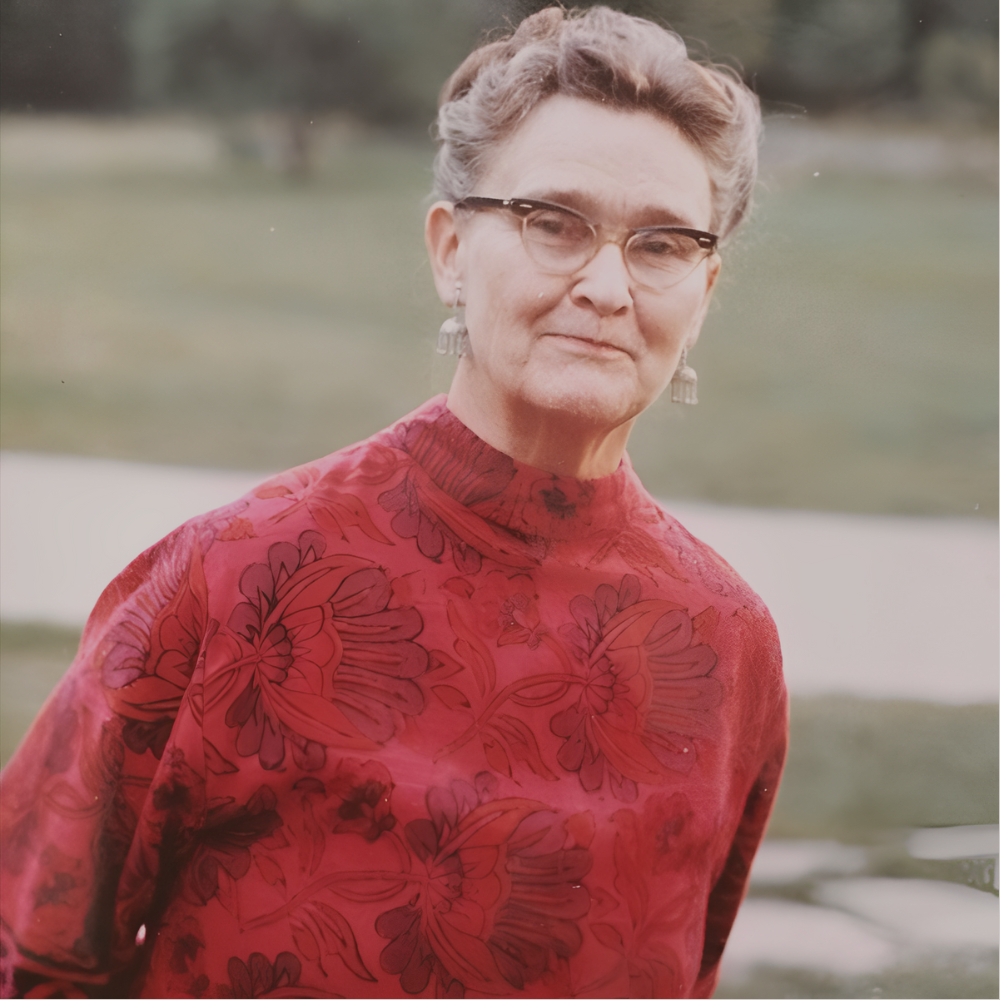Lucien Mason Hanks, Junior (nicknamed "June"), 1910-1989, was born in Wisconsin, USA. He obtained a PhD in psychology from Columbia University in 1936, and taught at the University of Illinois, 1937-1942. He subsequently specialized in Southeast Asia Studies, and worked for Bennington College, the Washington Office of Strategic Services, the US Education Foundation in Thailand, and the Cornell Centre in Bangkok. In late 1938 he married Jane Richardson.
Jane Richardson, 1908- , was born in California, USA. She received a PhD in anthropology from Columbia University in 1939. She too later specialized in Southeast Asia, and worked for Bennington College and Cornell University.
Lucien and Jane Hanks whose work has had a profound influence on the studies of society and culture in Thailand and neighboring Southeast Asian countries. Lucien’s paper, “Merit and Power in the Thai Social Order” (1962), remains the starting point for all the reflection on the relationship between cosmology and social order in Theravada Buddhist societies. Lucien also developed a distinctive and widely influential model of patron-client relations, one based on notion of “Entourage.” Jane’s Maternity and Its Rituals in Bang Chan (1963), still serves as a major point of departure for studies of women’s role and gender in Theravada Buddhist societies. Both have been pioneers in methodology, beginning with their work in the study of Bang Chan, the first village in Thailand studied intensively by outsider researchers, and subsequently in their longitudinal study of upland-lowland relations in northern Thailand.
They have also made major contributions to study of ethnohistory, cultural ecology, and urbanization. The work of the Hanks can help the next researcher for understanding culture and society in Thailand and neighboring countries.
*Information from The Glenbow Museum (http://www.glenbow.org/collections/search/findingAids/archhtm/hanks.cfm)
The collection consists of 101 records of documents, articles, and reports. 4 letters. 13 books. 1 photograph which were recorded by Lucien and Janes Hanks during their ethnological fieldworks in Thailand. There are 2 fieldsites that they took in Thailand: Bang Chan community, Bangkok in 1948, and the study of upland people (tribal group), Chiangrai province in 1963.


